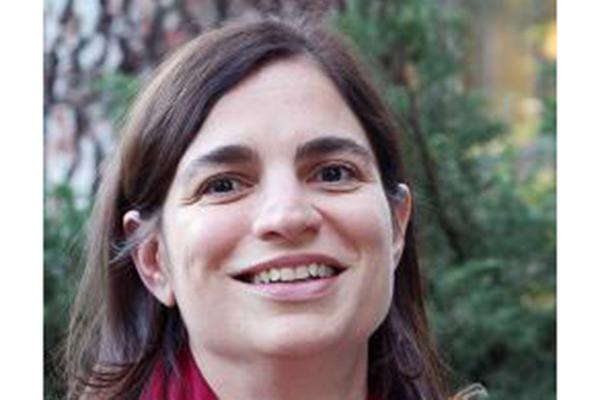
The Center for Historical Research (CHR) in association with the OSU Institute for Democratic Engagement and Accountability (IDEA) will present a two-year program of lectures and seminars in 2019-21 on the problems facing contemporary global democracy. There are concerns that democracy, whatever form it may take, is under stress around the world. This CHR-IDEA series will examine what is meant by democracy in various regions and countries, how these meanings are changing, and the extent to which democracy is changing and/or under sustained and serious attack. Leading scholars from a variety of disciplines began to address those issues last year in a series that will run through Spring 2021.
Abstract: Turkey is at the vanguard of a global trend in democratic backsliding. The ruling party and its leader, Recep Tayyip Erdoğan, in power for nearly two decades, have transformed a partially consolidated democracy into a system of one-man rule. How did these changes come about and how were they constitutionalized? From 1982 to 2017, Turkey was widely understood, by the EU and other actors, to be amending its constitution in ways consistent with liberalizing, civilianizing and/or democratizing reforms. By contrast, the constitutional amendments adopted by referendum on April 16, 2017 represented a radical break. Bringing to an end Turkey’s tradition of parliamentary government, these amendments introduced a new presidential system lacking checks and balances. By constraining the autonomy, authority and even basic competence of the judiciary, the legislature and the administrative organs of the state, while concentrating power in the executive, Turkey has produced a blueprint for how a democracy can be systematically dismantled from within through what is best described as abusive constitutionalism. In this talk, I will use the Turkish case to explain the purposes of constitutional amendments and referenda and how and why these mechanisms are uniquely vulnerable to authoritarian capture in a nominally democratic order.
She is the author of:
- The ‘New Turkey’ At Home and Abroad, The Oxford Handbook of Contemporary Middle-Eastern and North African History (eds. Amal Ghazal and Jens Hanssen) (Oxford University Press, 2018).
- Courts and Constitutional Transition: Lessons from the Turkish Case, 11 International Journal of Constitutional Law 666-701 (2013).
